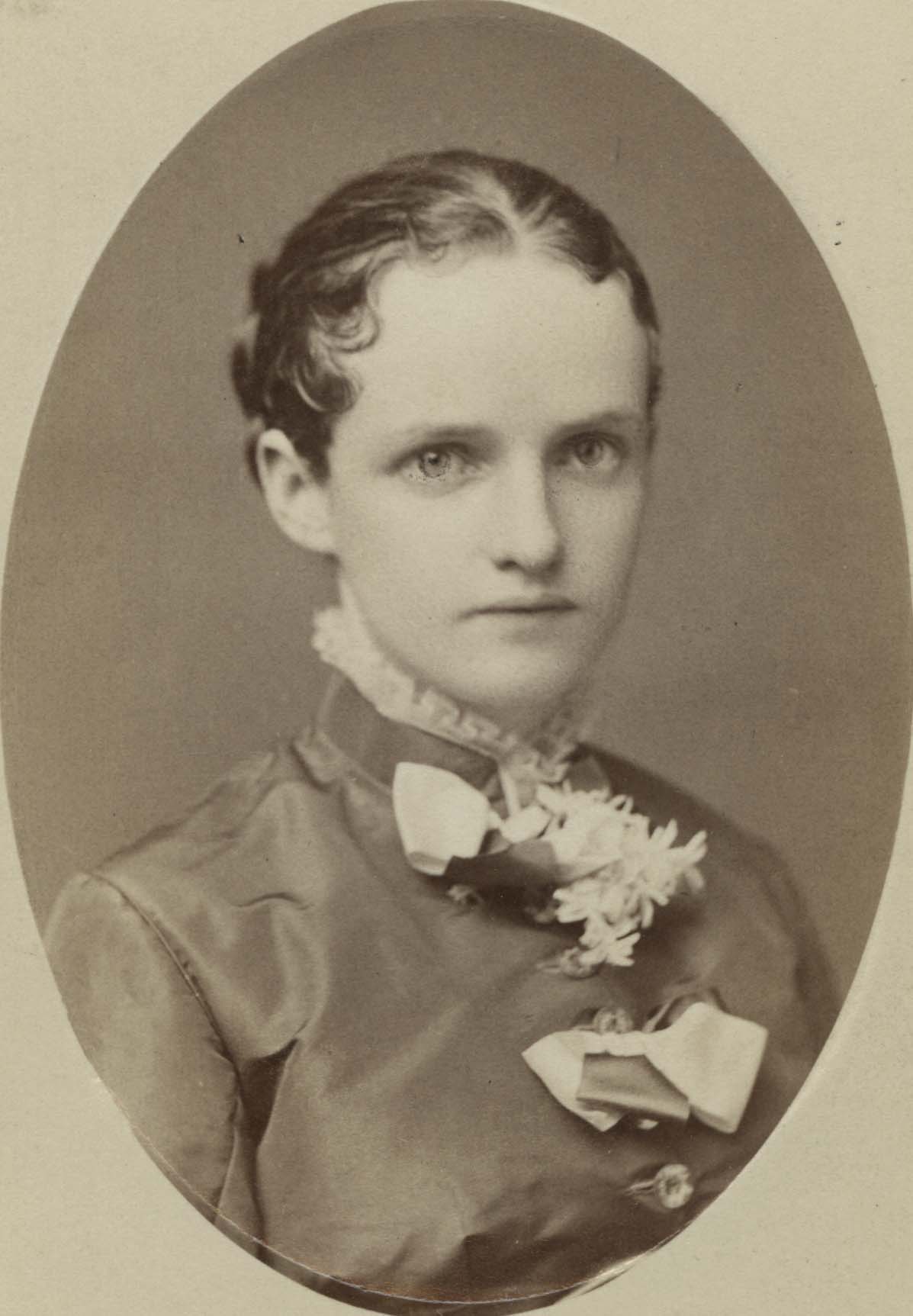On June 20, 1877, just two years after opening its doors to students, Vanderbilt University granted its first undergraduate degrees during a grand Commencement ceremony held in the chapel of Kirkland Hall, which was known in those early days as Main Hall.
One of the most accomplished students in those years was Kate Lupton, who had met requirements for a certificate in the Department of Latin. Lupton, however, did not receive any kind of recognition that day. The Board of Trust, when notified of her eligibility, had voted to postpone action in the matter.
Founded for the education of young men, Vanderbilt from its earliest days allowed a handful of women to attend classes as “listeners.” Lupton was not allowed to enroll formally, but professors permitted her to attend classes and take exams. Her father, Nathaniel T. Lupton, one of Vanderbilt’s founding faculty members, was a professor of chemistry from 1874 to 1885.
Undeterred by the trustees’ inaction, Kate Lupton continued to attend classes. Two years later a 20-year-old Kate presented herself as a candidate for a Vanderbilt master of arts degree. A committee charged with studying the issue of conferring degrees to women found that Lupton had “completed with distinction the entire course for graduating in the ten schools [as they were then called] of Latin, Greek, Mathematics, English and Modern Language, History and English Literature, Physics and Astronomy, Chemistry, Moral Philosophy and Natural History and Zoology, being two more than are required for young men for the degree of Master of Arts.”
Still, Lupton was not allowed to take part in the 1879 Commencement exercises. She received her diploma in private, silently breaking the gender barrier as she became the first woman to graduate from Vanderbilt. Her classmates had elected her valedictorian of the class. “This honor, however, I declined on account of my irregular connection with the institution,” she would later recall.
Following in her father’s footsteps, she became a professor of chemistry and physics in the Virginia State Normal School. She wrote for various educational and literary journals and published an acclaimed translation from the French of Fénelon’s The Education of Girls in 1891.
By the time of Lupton’s untimely death in April 1897, Vanderbilt was accepting four or five women with each freshman class. Twelve years after Lupton left the university, Dora Johnson was awarded a B.A. in 1891 without any discussion or comment by the Board of Trust. That same year Annie Paschall became the first woman to receive an entering scholarship. In 1898, Celia Rich became the first woman to earn a Founder’s Medal.
When Branscomb Quadrangle was built in 1962, one of the halls was named in honor of Lupton. She also was recognized as a Vanderbilt Trailblazer in 2019.
